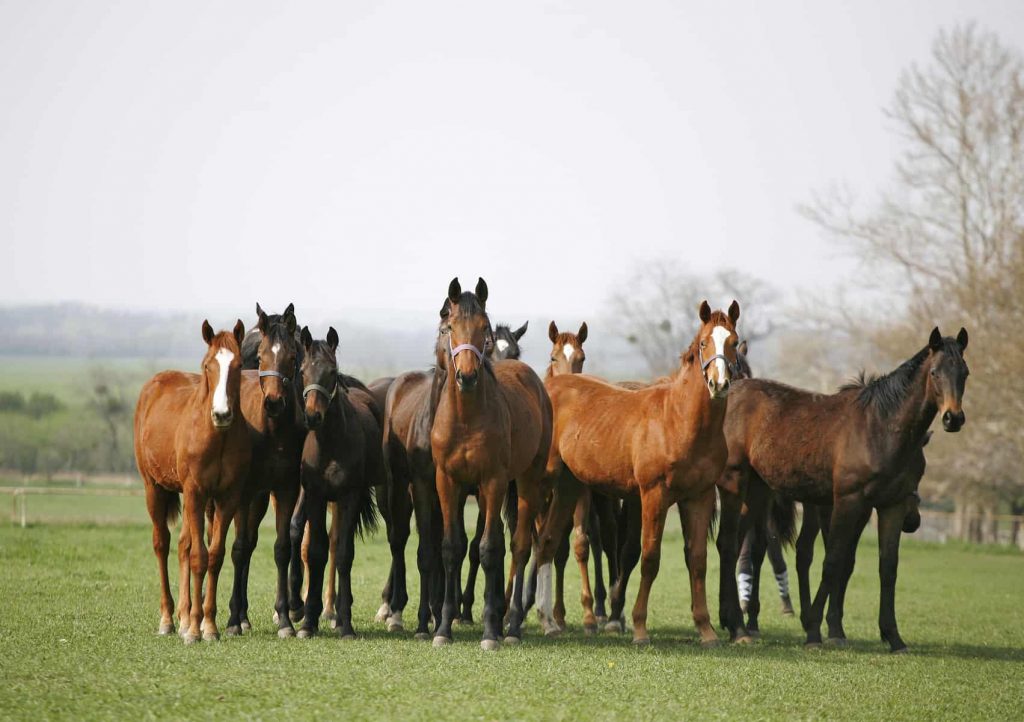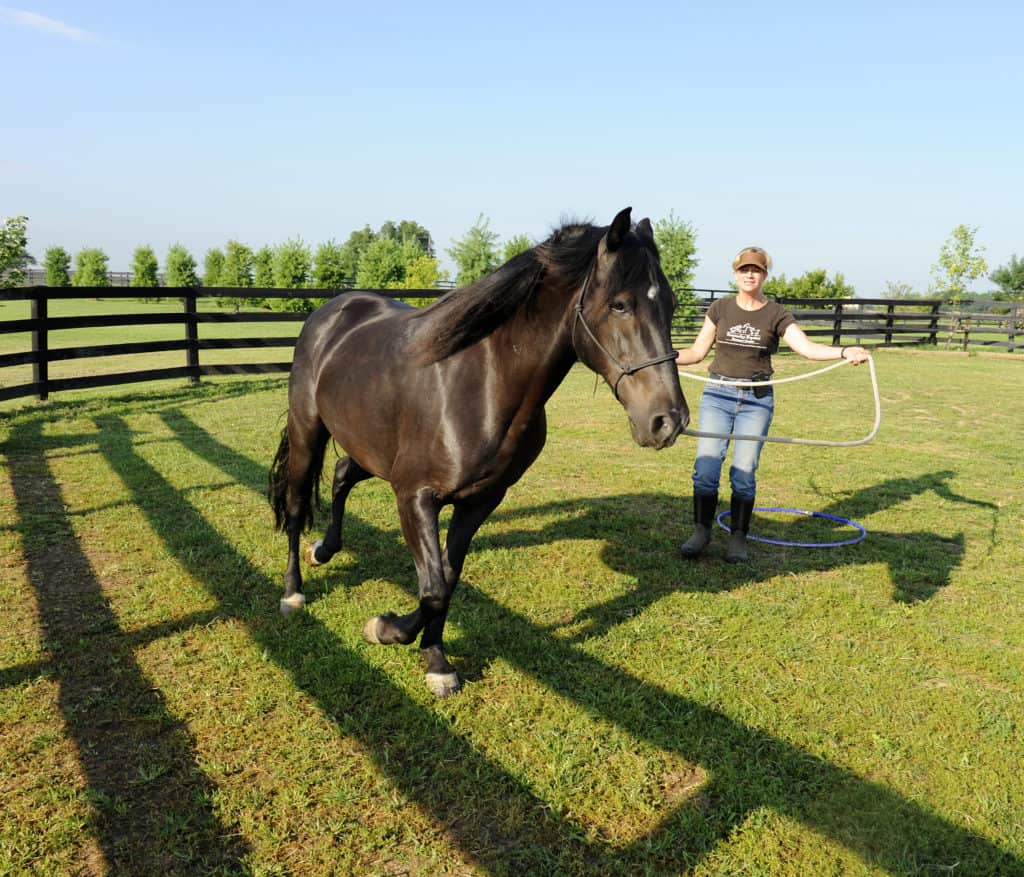
Orphan Foal Behavior
An equine behavior expert offers advice on raising and training an orphan foal to reduce future unwanted behaviors.

An equine behavior expert offers advice on raising and training an orphan foal to reduce future unwanted behaviors.

New research shows that veterinarians might need to allow several hours between transportation and testing for conditions such as PPID.

Learn about devices designed to measure equine athletes’ cardiac function and maximize performance.

Riders and owners might miss behavioral signs of pain in their horses. The RHpE is a scientifically validated tool for assessing pain in ridden horses.

Researchers are studying these behaviors and how they can affect equine health and welfare.

Dr. Robert Jacobs describes the potential effects of long-term NSAID use on the horse’s gut microbiome.

Dr. Robert Jacobs explains how variations in the equine gut microbiome might affect horse behavior.

Phytoestrogens in horse diets might have physiological effects on mares. An equine nutritionist explains how and why.

Owners often care for donkeys as they would horses despite distinct differences between the species. Researchers are seeking to change this.

Horses that live in group pasture settings showed an increased ability to learn human cues, regardless of their relationship to the person.

The RHpE can be used to help detect musculoskeletal pain in horses caused by limb lameness and poor saddle fit.

The ponies in this research group learned to distinguish between 5 letters and select them on a touch screen.

Researchers have determined that limiting horses’ access to hay might make them more likely to engage in abnormal and aggressive behaviors.

These study results could help breeders and trainers determine which horses have the best DNA for coping with a racing environment.

Drs. Camie Heleski and Jenny Biehunko explain the differences between a horse trainer, an animal behaviorist, and a veterinary behaviorist.

Horses might eat dirt due to nutrient deficiencies, among other causes.
Stay on top of the most recent Horse Health news with
"*" indicates required fields